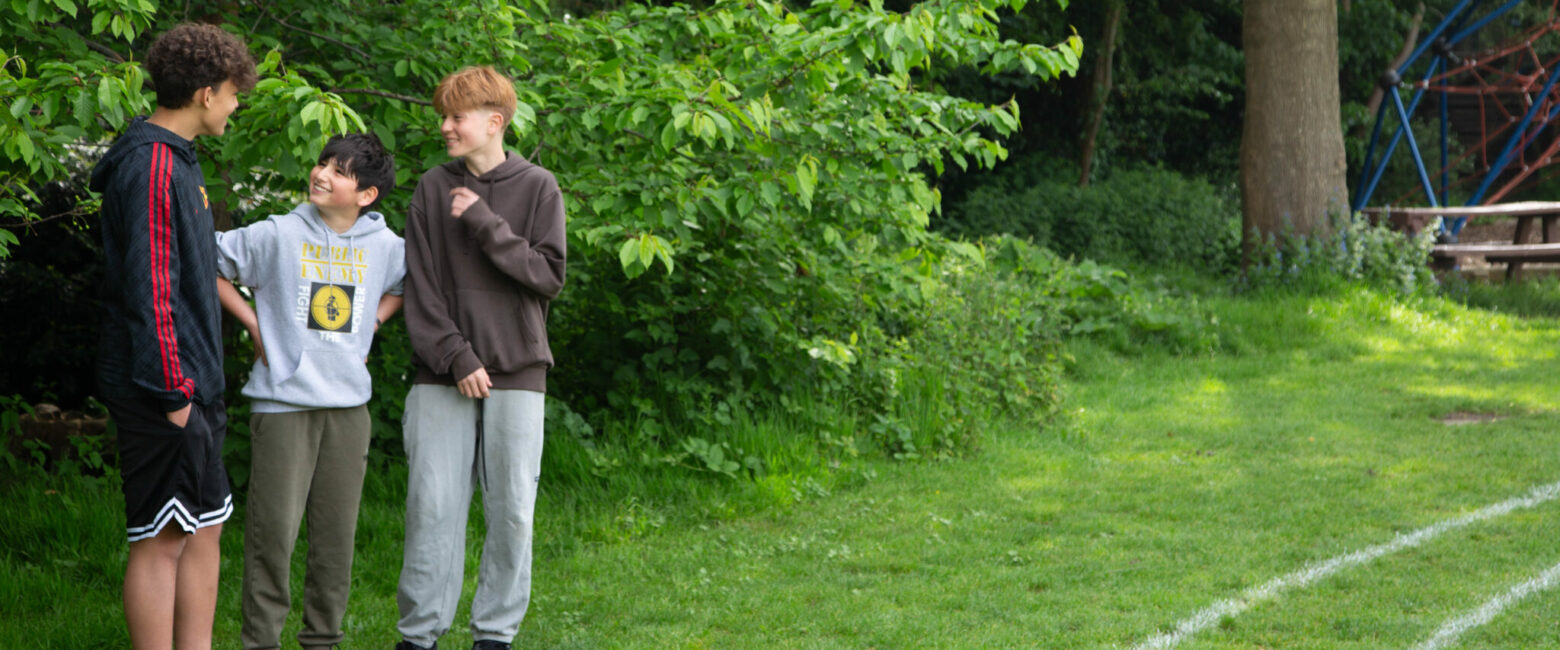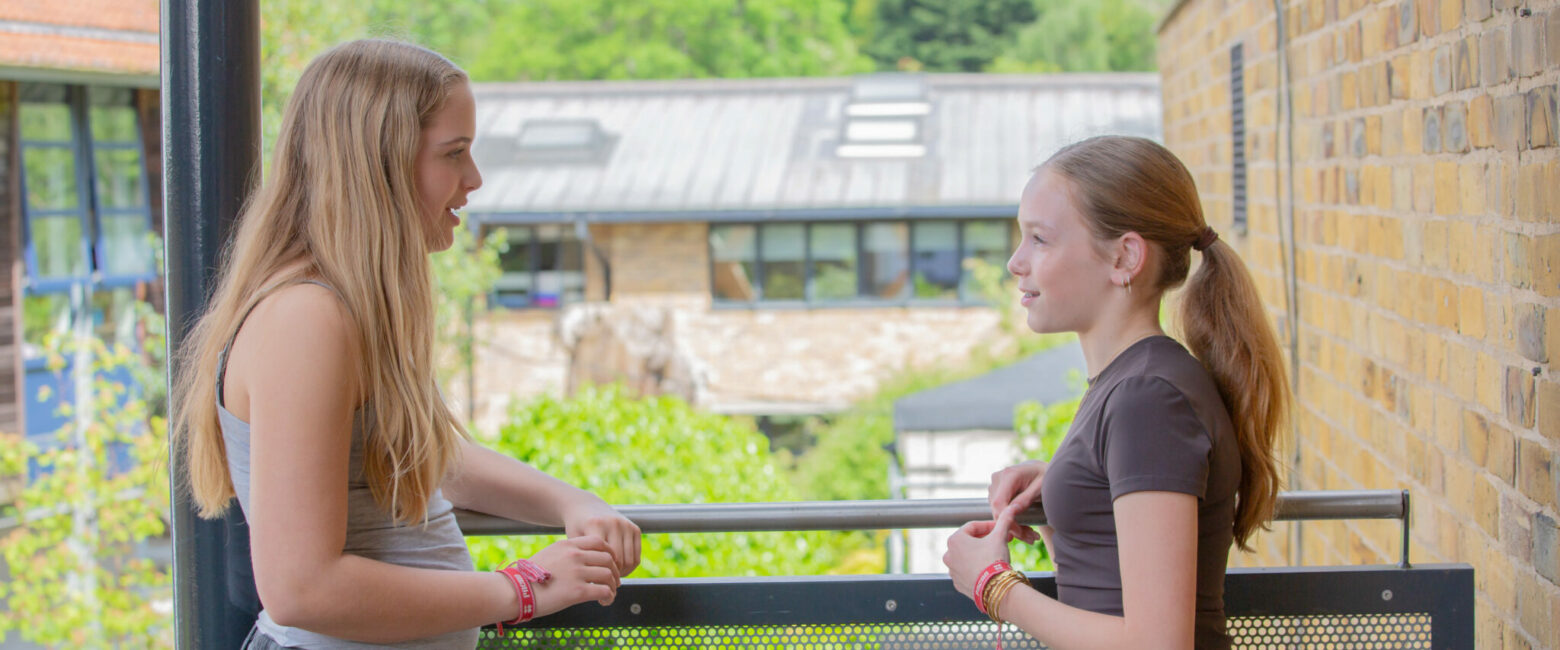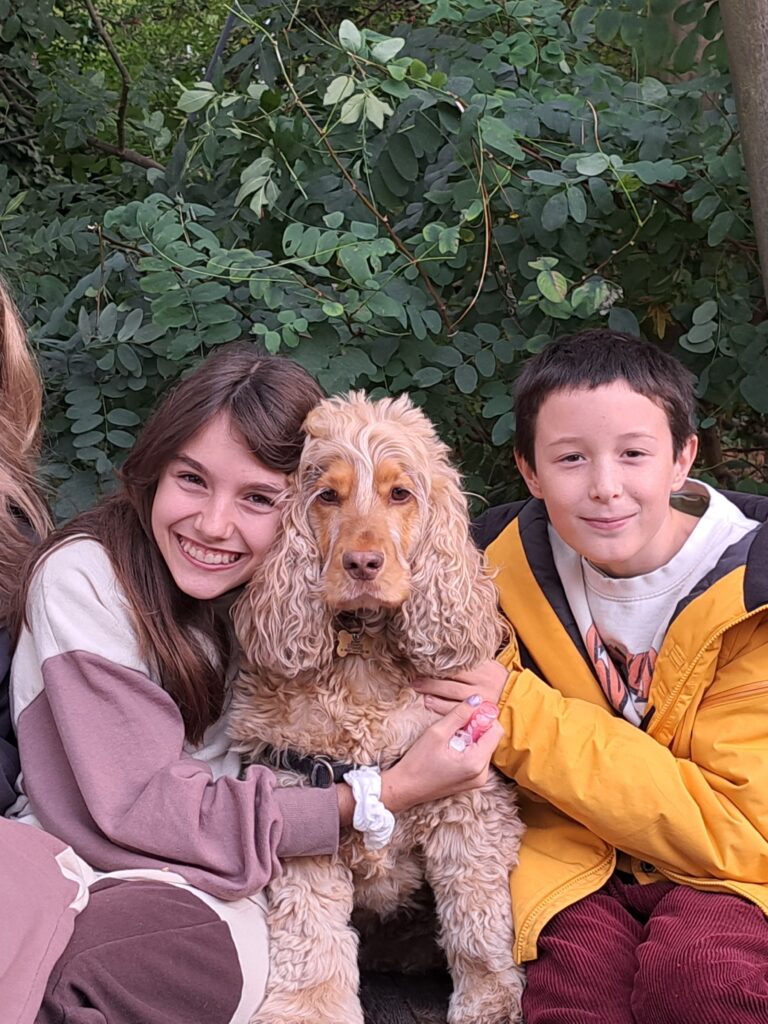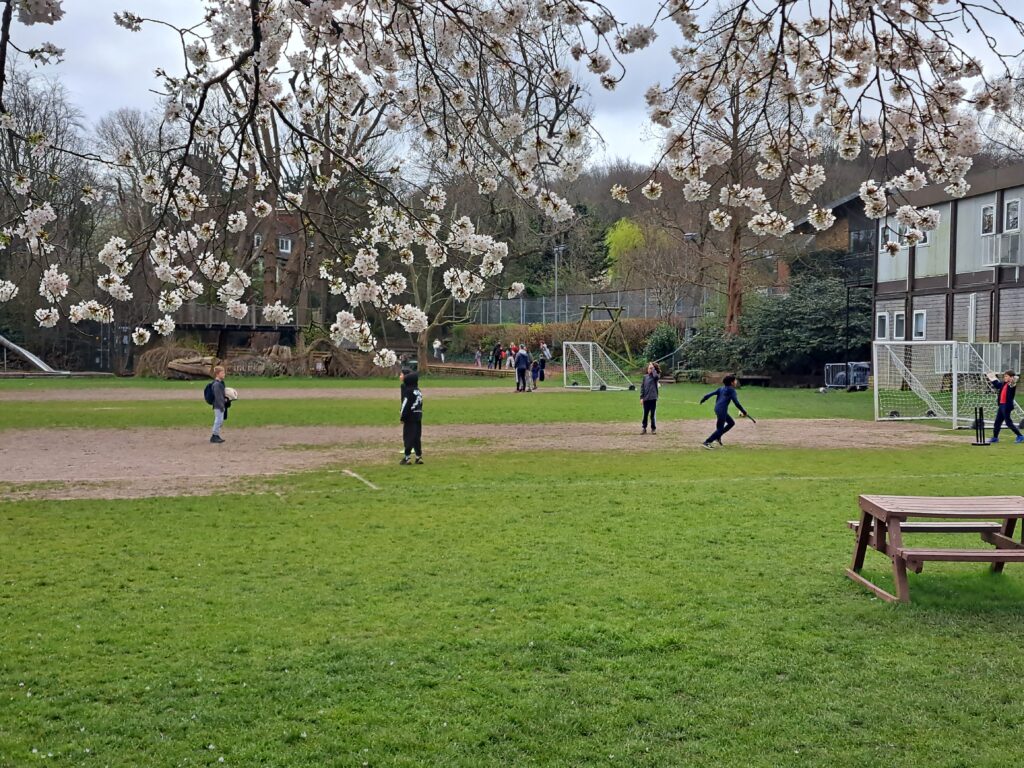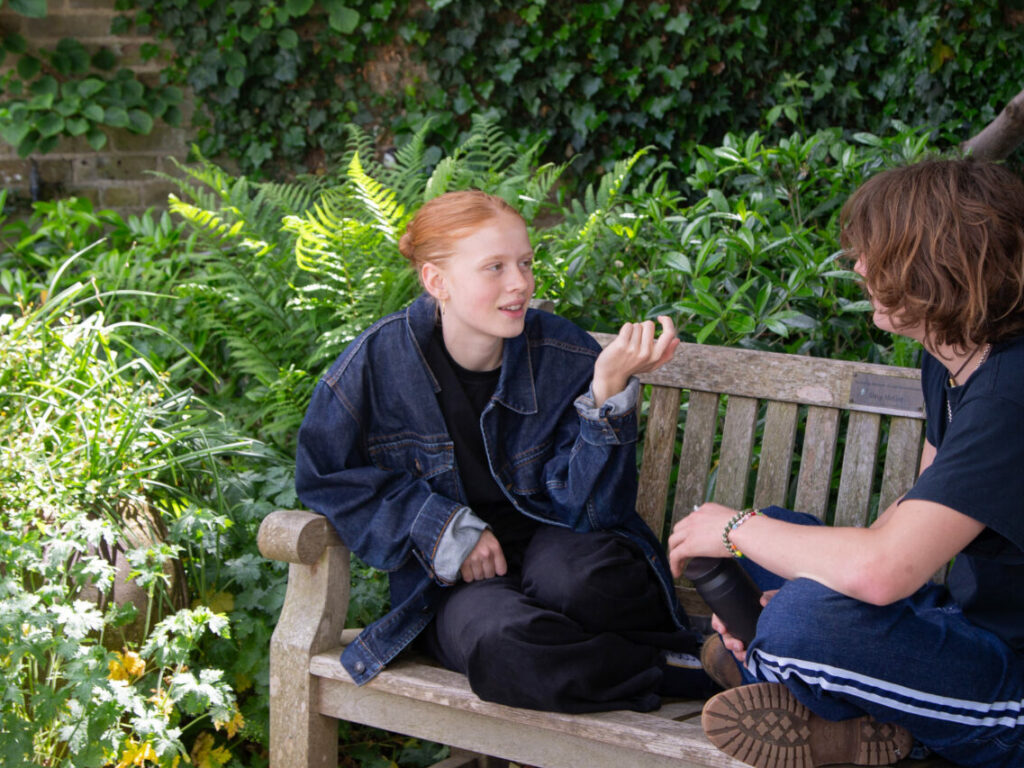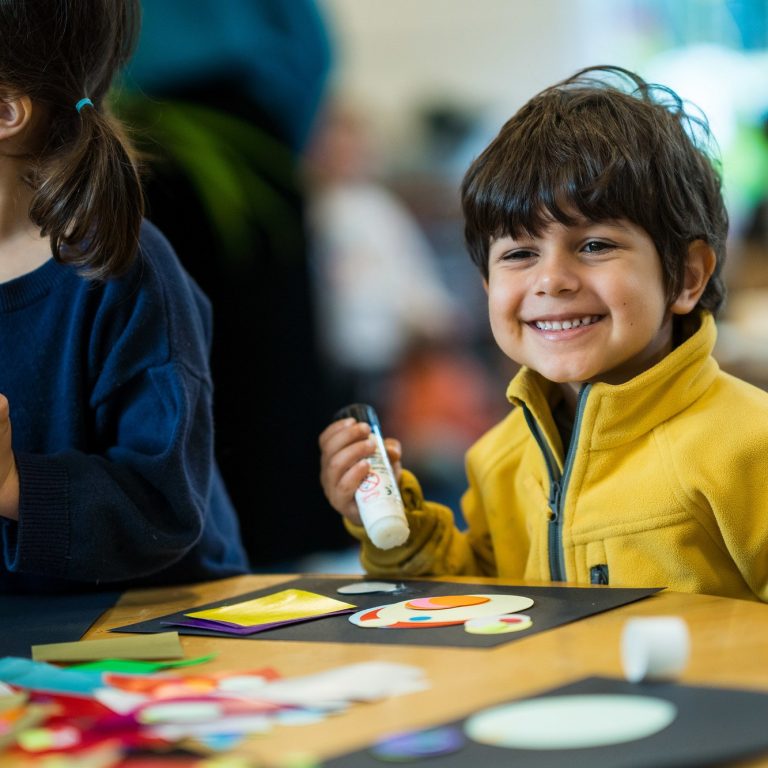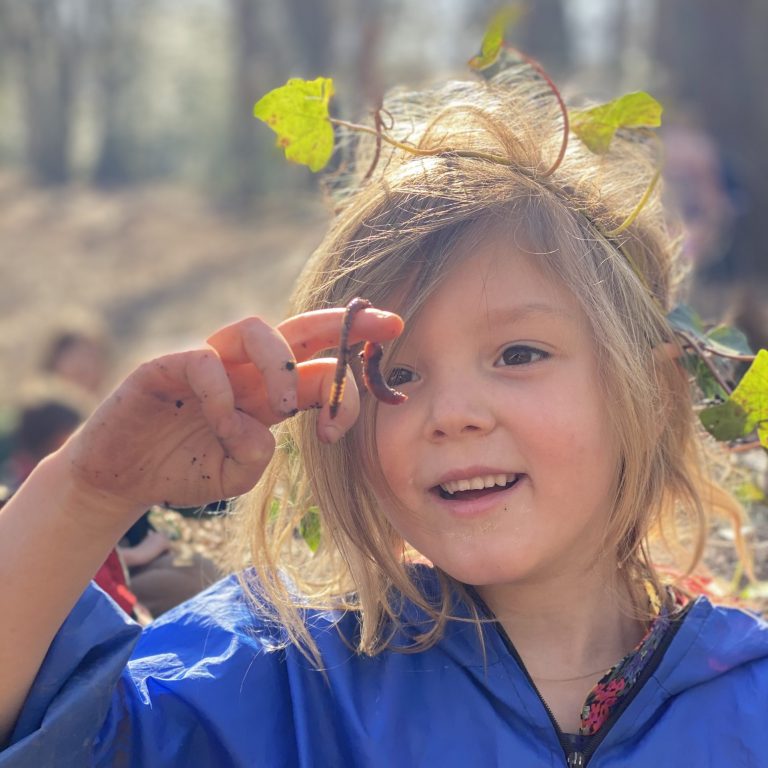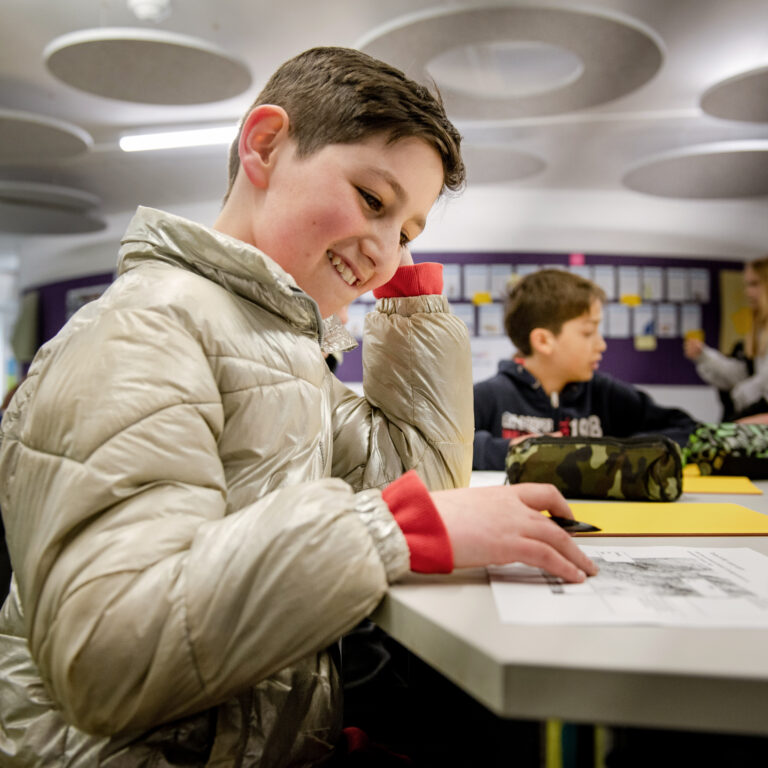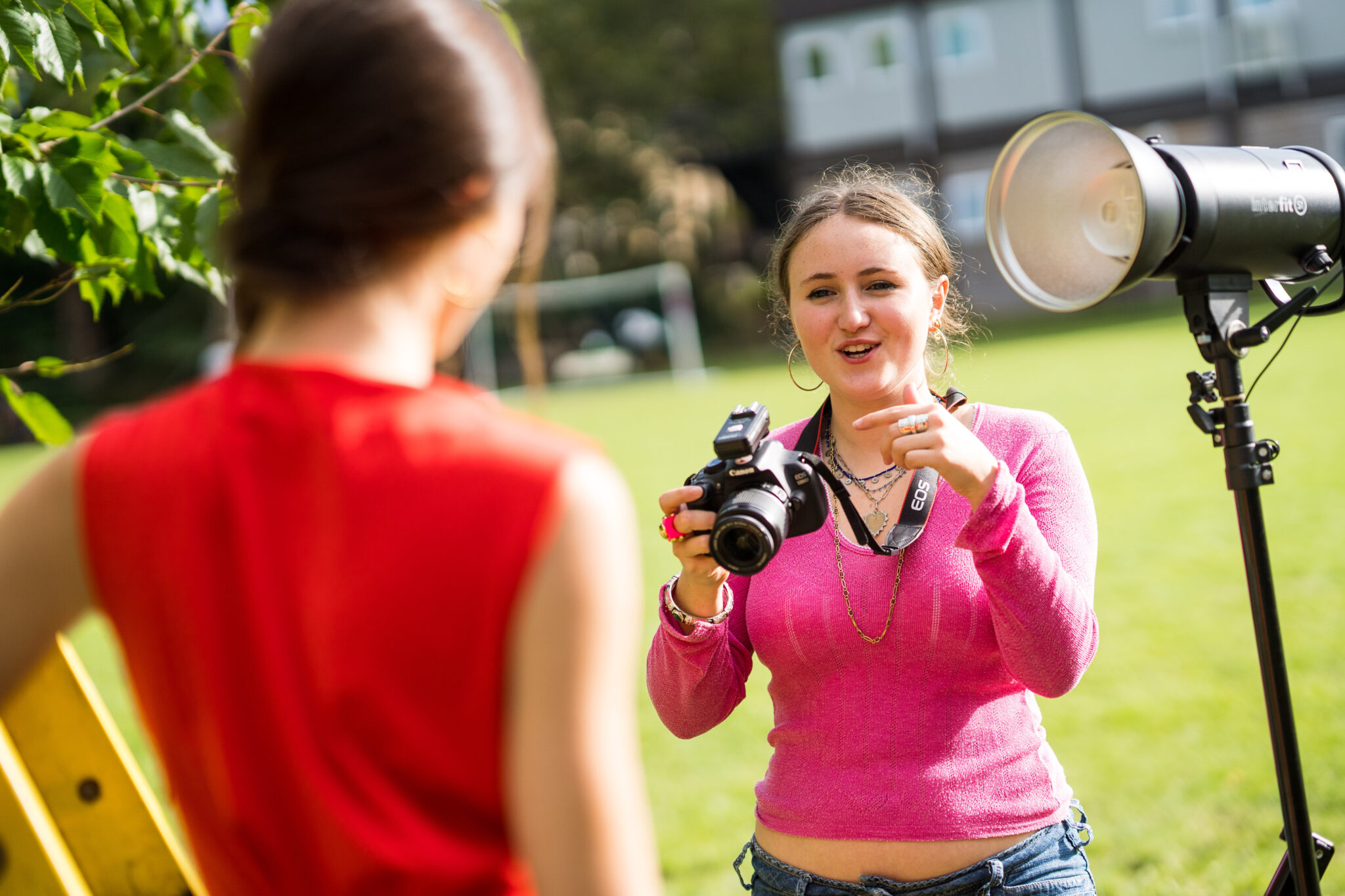Upper School Pastoral Care
At KAS the emotional and physical and social development of the students is held in equal regard to academic progress. The students are taken seriously as individuals; the staff pride themselves on the high level of pastoral care afforded to the students, making themselves readily available to children and to parents. Supported by a high staff to pupil ratio, close staff/student relationships enable the students to be monitored and assessed and guided with care, suitable to their individual needs. These close relationships help eliminate barriers; students consult teachers and are not frightened of questioning or asking for help. As a result of a respectful informality and lack of petty regulations, dialogue can take place between adult and child. All practice is designed to encourage independence, self-esteem and self-worth in the students.
The Pastoral Structure
Each year group in Years 7 to 11 has about 54 students, divided into three classes up to year 9 and four tutorial groups in years 10 and 11. Form tutors are the first point of contact for parents and work closely with the various Heads of Year. Classes meet every morning (apart from Wednesdays) for twenty minutes form time – which may also include a Callover (Assembly) taken by the Head of Year or a member of the Senior Leadership Team. Additionally, form time may consist of quiet reading or participation in the Votes for Schools programme which introduces a current issue and encourages debate and voting on a related idea. Tutors also use the time to check on academic progress and to monitor students’ stage books, and to catch up on any pastoral issues. Once a week, forms meet for a whole period with their tutors for Form Hour which is used for discussion of topics relevant to that year.
Counselling
Counselling is financed by the school and students are able to come without their teachers’ or parents’ knowledge. When it is considered appropriate or necessary, onward referrals are made to specialists. If students experience difficulties with their lives and need time and space to explore their feelings, counselling offers an opportunity to do so in a safe, supportive, non-judgemental and confidential environment. Sometimes students need to talk to someone who is not involved in their day-today lives.
Many students come on their own initiative – they have recognised their need and are able to ask for help. Others are recommended by their friends, many of whom have found counselling in school useful in the past.
Mentoring
KAS runs an annual peer mentoring programme. Mentoring is a structured trusting friendship that brings young people together with caring individuals who offer guidance, support and encouragement aimed at developing the competence and character of the mentee.
KAS Peer Listeners are carefully matched with mentees in Lower and Upper School, who are then given the opportunity to talk to someone who has experienced similar things to them.
Training as a mentor can help students to become more self-aware and to take responsibility for their lives and the direction they decide to take. The training also gives students the opportunity to have a greater sense of responsibility for themselves and others and to learn how the negative issues they encounter in life can often be resolved by sharing them and talking them through.
Personal, Social and Health Education
PSHE is a time in the week outside traditional subjects in which student’s personal, social and health matters can be looked at. It is part of the aim in the PSHE programme to get children to see KAS as a community and to see what life is like from another’s point of view. Although we deal with a wide range of issues in PSHE, the overriding theme for these three years is the development of emotional and social literacy. Click the link below to view our curriculum:
Learning Support
Additional needs may manifest themselves at any time during a child’s development, due to a variety of reasons, and usually becoming obvious through difficulties experienced in his or her learning.
The highly experienced Learning Support Department works to support such students towards full independence and the encouragement of resilience by providing them with personal support and personalised strategies. Support can be either in the classroom during normal lessons, or take the form of one to one sessions outside of the classroom.


